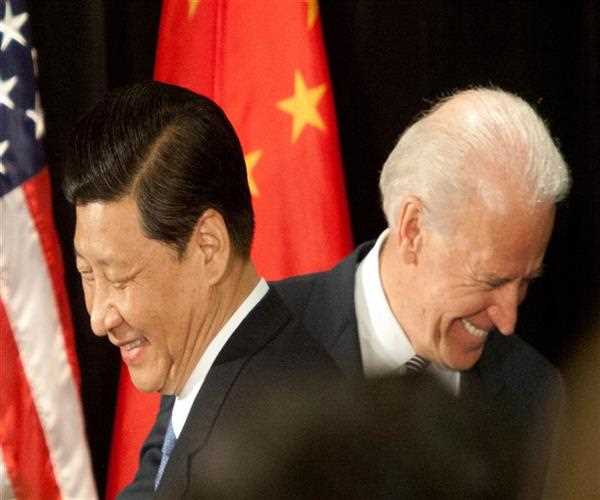Search here

27-Feb-2023
Why the United States is so much dependent on China
Playing text to speech
In recent years, the United States has become increasingly dependent on China for a variety of goods and services.
Whether it’s the purchase of electronics, textiles, or even food products, China seems to be at the forefront of the US’s global trade relationships.
But why is this so?
Why is the US so reliant on China when there are other countries out there that could provide similar goods and services?
There are a number of reasons.
First, China is the world's largest producer of many key industrial materials, including rare earth metals, which are critical for a wide variety of high-tech manufacturing applications.
Second, China is the United States' largest trading partner, and the two economies are deeply intertwined.
China is a major holder of U.S. debt, meaning that it has considerable leverage over the American economy.
China is a key player in the global economy, and its continued growth is essential for the health of the world economy as a whole.
United States has developed deep economic ties with China, and our two economies are now interdependent.
The United States has also become increasingly reliant on Chinese financing. To finance its large budget deficits, the U.S. government has been borrowing heavily from China. As a result, China now holds a large amount of U.S. debt, which gives it considerable leverage over the United States economically and politically.
This dependence has a number of implications.
First, it gives China significant leverage over the United States.
For example, if China were to significantly restrict exports of rare earth metals to the United States, it could cause serious disruptions to American industry.
Second, the deep economic ties between the United States and China mean that any slowdown in Chinese economic growth would likely have negative consequences for the U.S. economy.
Finally, because China holds so much U.S. debt, it could choose to use that leverage to force policy changes from the United States that it otherwise would not be able to achieve through diplomatic or military means alone.
In short, the United States' dependence on China is both broad and deep, and it has implications for both countries' economic stability and geopolitical power dynamics.
It is clear that any serious effort to reduce our dependence on China would be extremely costly and disruptive. However, given the growing challenges that we face from China, it may be necessary to take steps to reduce our reliance on this important but increasingly adversarial country.
From cheap labor and manufacturing costs to the US's inability to balance its trade deficit, the US has become increasingly reliant on Chinese imports for much of its goods.
With this reliance comes an increased risk, as a breakdown in relations between the two countries could have dire economic consequences for both nations.
In order to secure our economic future, it will be necessary for us to find alternative sources of supply or develop new technologies that can make us less dependent on China.

Comments
Solutions
Copyright 2010 - 2024 MindStick Software Pvt. Ltd. All Rights Reserved Privacy Policy | Terms & Conditions
